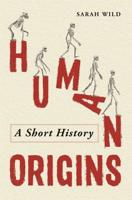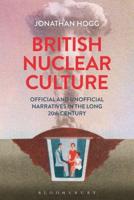Publisher's Synopsis
Forty miles out into the Atlantic from the western isles of Scotland lies the archipelago of St Kilda. Home to human populations for more than 4000 years, the islands inhabitants were evacuated from the main island in 1930 leaving it as a haven for wildlife, a tourist destination and workplace for those studying and monitoring the islands ecology and its radar station built in the 1950s. Many of those writing about St Kilda have emphasised the remoteness and insularity of its environment, describing its population as having endured a wretched and isolated existence marooned on an archipelago miles from civilisation. In this book Andrew Fleming challenges such interpretations. His history of the islands reviews the archaeological evidence for the first inhabitants before 2000 BC, how they lived and survived, and how they became integrated into the wider world. Much of the book focuses on more recent times where documentary sources relay in great detail the lives of St Kildans over the past few centuries; how they farmed, administered justice, took on communal responsibilities, their religious, and other, beliefs, the impact of visitors to the islands, and how events outside of the islands had an impact on their lives. Described as a historical drama queen, this is an excellent story of a remote island community which has been mythologised by many commentators. Superb photographs do much of the work of description.







